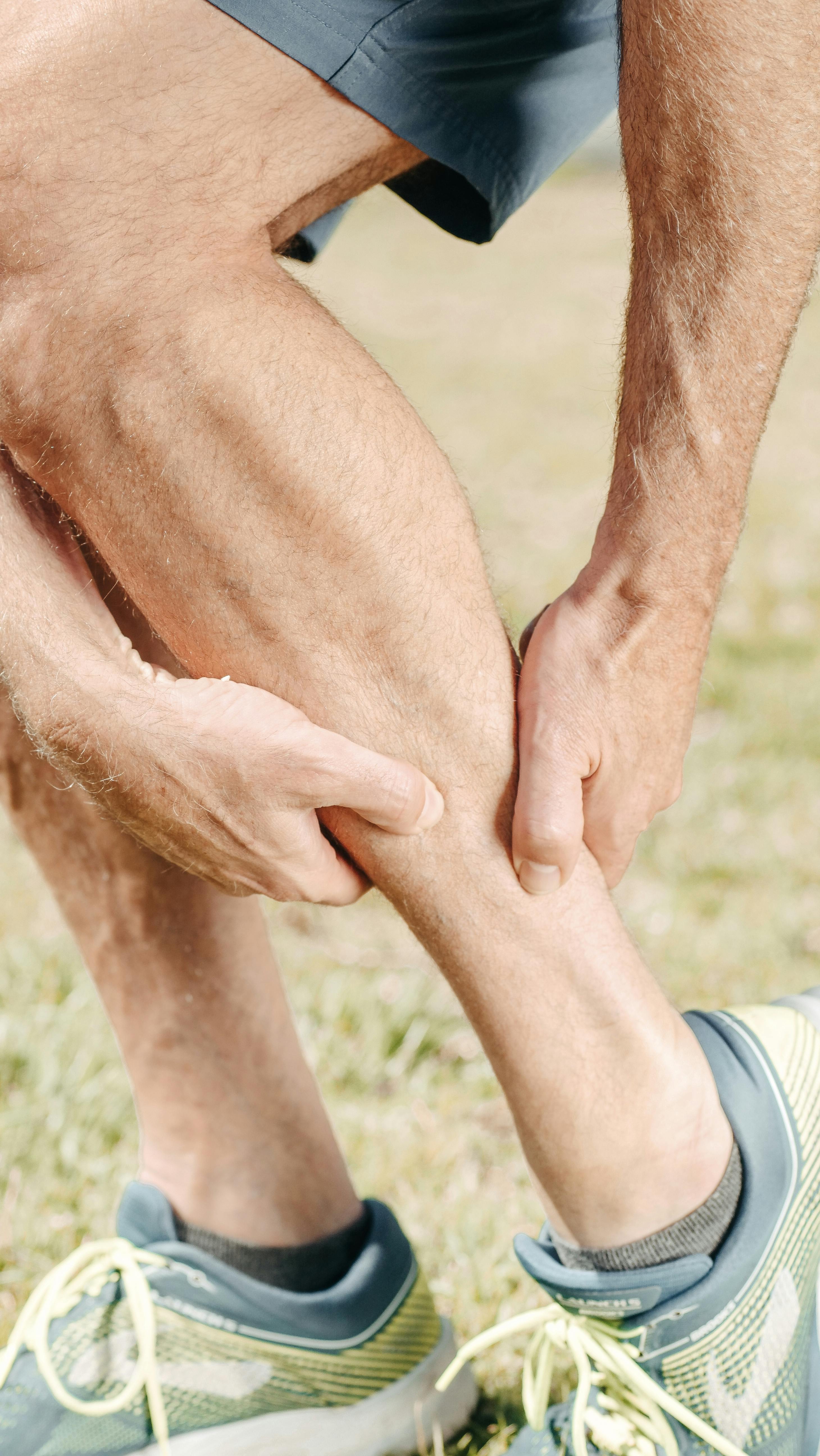
An athlete’s journey is filled with moments of triumph, resilience, and determination. Yet, injuries—though common in sports—can often feel like one of the most challenging setbacks. The journey to physical recovery is visible, measured in milestones like increased range of motion, reduced pain, and regained strength. However, the internal, psychological journey of recovery is equally profound, demanding resilience and mental endurance as one progresses from injury to wellness. This article takes a compassionate look at the mental process athletes often experience when recovering from an injury and highlights the importance of staying positive, patient, and, when appropriate, incorporating supplements to support holistic recovery.
The Mental Stages of Injury Recovery
-
Shock and Denial Immediately following an injury, athletes often experience disbelief. The shock of being sidelined or hearing the diagnosis can feel surreal. Many find themselves mentally fighting against the reality of the injury, hoping it will quickly resolve without intervention. This stage is an initial reaction, but acknowledging it as a normal response can help athletes understand they aren’t alone in feeling this way.
-
Frustration and Anger Once the reality of the injury sets in, it’s common to feel frustrated or even angry. Athletes might direct this anger at themselves, believing they “should have” been able to prevent it, or at the situation, feeling it’s unfair. This phase can be emotionally taxing, as the fear of setbacks can overshadow optimism. It’s vital to remember that anger, while intense, is also temporary. Recognizing and expressing these feelings safely—whether through journaling, talking to friends, or consulting a therapist—can be an important step forward.
-
Acceptance and Setting Goals Acceptance is a turning point in the mental journey of injury recovery. By accepting the injury, athletes start to focus on what they can do rather than what they can’t. With the guidance of medical professionals, they begin setting realistic, incremental goals to aid their return. This shift in mindset, from frustration to goal-setting, marks a powerful moment in the recovery process. Many athletes find that writing down short-term and long-term goals can provide a sense of control and help them celebrate small victories along the way.
-
Building Resilience and Staying Motivated The middle phase of recovery can be long, and motivation may naturally wane as days pass with gradual improvement. Here, resilience becomes essential. Reminding oneself of the reasons for recovery, leaning on support from coaches, friends, and family, and maintaining daily routines, even if modified, can keep morale high. Incorporating mental techniques like visualization—picturing oneself returning stronger and more capable—can also help reinforce resilience.
-
Renewed Strength and New Perspectives As the recovery process nears completion, athletes often find themselves feeling not only physically stronger but mentally tougher as well. They may view their experience as a period of growth, gaining valuable insights into their own resilience and patience. Recovery offers a chance to reconnect with the reasons they love their sport and return with a new appreciation for the journey. This stage is often accompanied by renewed energy and focus, eager to channel lessons learned back into training.
The Role of Nutrition and Supplements in Recovery
While the mental journey is critical, the body’s physical recovery also benefits significantly from proper nutrition. During an injury, the body demands nutrients to repair tissues, reduce inflammation, and support healing. Here are a few supplements that may be beneficial when recovering from an injury:
- Collagen: Known for supporting joint and ligament health, collagen can be instrumental in repairing damaged tissues. It contains amino acids like glycine and proline that are key to muscle and cartilage repair.
- Multivitamin Gummies: Injuries can deplete the body of essential vitamins and minerals. Multivitamin gummies provide a balanced dose of vital nutrients, helping fill in gaps and supporting overall health and immunity.
- Vitamin C: Known for its antioxidant properties, vitamin C also plays a role in collagen synthesis, making it beneficial for tissue repair and healing.
- Omega-3 Fatty Acids: Known for their anti-inflammatory effects, omega-3s can help reduce inflammation around the injury site and promote quicker recovery.
- Protein Powder: Protein is the building block of muscle tissue. Consuming enough protein can support muscle repair and prevent muscle loss, especially if physical activity is limited.
Building a Positive Mindset for a Successful Comeback
The mental and physical journey of recovery can feel isolating and challenging, but it's also a time of growth, introspection, and transformation. Remember that every phase of recovery, no matter how slow, is a step forward. Surround yourself with a strong support system, maintain a balanced diet, consider helpful supplements, and, most importantly, stay patient with yourself.
Injury recovery is not just about bouncing back but coming back stronger and wiser. Embrace the journey, celebrate the milestones, and know that this experience is building not just your body but also your mind and spirit. Stay strong—you’ve got this!



